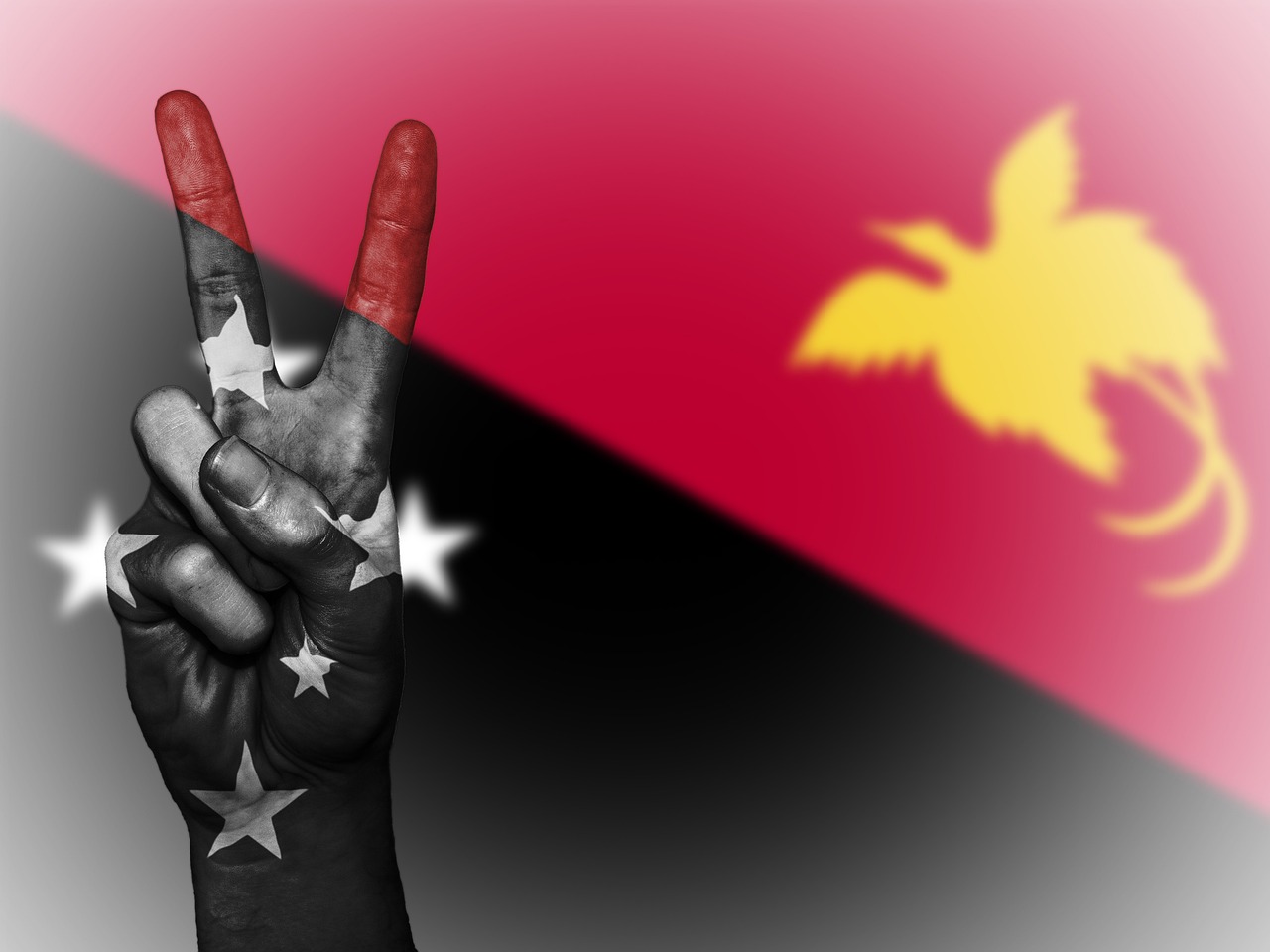Cultural Etiquette: Doing Business in Papua New Guinea
Papua New Guinea, located in the western Pacific Ocean, is a country known for its diverse culture and rich natural resources. When doing business in Papua New Guinea, it is essential to understand and respect the local cultural etiquette. This article will provide you with valuable insights into the cultural norms and practices that can help you navigate the business landscape in Papua New Guinea successfully.
Meeting and Greeting
- Handshakes: Handshakes are the most common form of greeting in Papua New Guinea. Maintain eye contact while shaking hands, and use a firm grip.
- Respectful Language: Address people using their titles, such as “Mr.” or “Mrs.” until you are invited to use their first names.
- Respecting Elders: Show respect to older individuals by using formal language and addressing them with appropriate titles.
- Physical Contact: Physical contact during greetings is common among friends and family but should be avoided in professional settings unless initiated by the other person.
- Gift Giving: It is customary to present a small gift when meeting someone for the first time. Gifts should be modest and not overly expensive.
Business Communication
- Indirect Communication: Papua New Guineans often use indirect communication, and it is important to listen carefully and read between the lines to understand the intended message.
- Respectful Tone: Maintain a polite and respectful tone during business conversations. Avoid being overly assertive or confrontational.
- Patience: Business negotiations may take time, as building trust and establishing relationships are crucial in Papua New Guinea. Be patient and avoid rushing the process.
- Non-Verbal Communication: Pay attention to non-verbal cues such as body language and facial expressions, as they can convey important messages.
- Hierarchy: Respect the hierarchical structure within organizations. Decision-making often rests with senior management or business owners.
Business Meetings
- Punctuality: Arrive on time for business meetings, although it is common for Papua New Guineans to have a more relaxed approach to punctuality.
- Small Talk: Engage in small talk before getting into the main agenda. Building personal relationships is essential in Papua New Guinea.
- Formality: Dress formally for business meetings, unless otherwise specified. Men typically wear suits, while women opt for conservative business attire.
- Consensus Decision-Making: Papua New Guineans value consensus and collective decision-making. It is important to involve all stakeholders and seek their input.
- Follow-Up: Send a follow-up email or letter summarizing the key points discussed and any agreed-upon actions after the meeting.
Negotiation and Contracts
- Relationship Building: Building trust and personal relationships is crucial in Papua New Guinea. Take the time to establish a rapport before diving into negotiation.
- Flexibility: Be prepared for negotiations to be fluid and subject to change. Papua New Guineans may revisit and modify agreements as circumstances evolve.
- Respect for Elders: Show respect for elders during negotiations, as their opinions and decisions hold significant weight in the culture.
- Patience: Negotiations may take time, and it is important to be patient. Pushing for quick decisions may be viewed as disrespectful.
- Written Agreements: While verbal agreements are valued, it is essential to have written contracts that outline the agreed-upon terms and conditions.
Business Attire
- Formal Dress: Dressing formally is expected in business settings. Men typically wear suits and ties, while women opt for conservative business attire.
- Modesty: Clothing should be modest and not revealing. Avoid wearing shorts, sleeveless tops, or anything that may be considered too casual or inappropriate.
- Climate Considerations: Papua New Guinea has a tropical climate, so choose lightweight and breathable fabrics to stay comfortable in the heat.
- Professional Appearance: Maintain a neat and professional appearance. Pay attention to grooming and personal hygiene.
- Accessories: Keep accessories minimal and understated. Avoid wearing excessive jewelry or accessories that may distract from the professional setting.
Gift Giving
- Appropriate Gifts: When giving gifts, choose items that reflect the recipient’s interests or the local culture. Avoid overly expensive or extravagant gifts.
- Presenting Gifts: Present gifts with both hands as a sign of respect. Gifts are typically opened in private.
- Gifts for Hosts: If invited to someone’s home, it is customary to bring a small gift for the host, such as flowers or a bottle of wine.
- Gifts for Business Partners: When establishing business relationships, presenting a small gift can help foster goodwill and strengthen the connection.
- Gift Wrapping: Take care when wrapping gifts, as neat and presentable packaging is appreciated.
Dining Etiquette
- Seating Arrangements: Wait to be seated or follow the host’s instructions. The most honored guest is typically seated at the head of the table.
- Table Manners: Observe proper table manners, such as waiting for the host to start eating before you begin. Chew with your mouth closed and avoid talking with food in your mouth.
- Accepting Food and Drink: Accept offers of food and drink to show appreciation, even if you do not consume everything offered.
- Utensils: Use utensils appropriately. Forks are generally used for main courses, while spoons are for soups and desserts.
- Toast Etiquette: When toasting, raise your glass and make eye contact with each person present. It is customary to reciprocate the toast.
Business Gifts
- Appreciation Tokens: Giving small tokens of appreciation to business partners or clients can help strengthen relationships.
- Quality and Authenticity: Choose gifts that reflect the quality and authenticity of Papua New Guinea, such as traditional handicrafts or artwork.
- Corporate Branding: Avoid excessive branding on gifts. Keep it subtle to maintain the focus on the gesture rather than self-promotion.
- Gift Presentation: Present gifts with both hands and express gratitude for the business relationship.
- Timing: Consider cultural festivals or significant events when giving business gifts. It can enhance the gesture’s meaning and significance.
Business Socializing
- Building Relationships: Papua New Guineans value personal relationships, so take the time to socialize and get to know your business partners outside of the office.
- Respecting Customs: Familiarize yourself with local customs and traditions to avoid unintentionally causing offense.
- Participating in Activities: Accept invitations to social events and activities as they provide opportunities to strengthen business relationships.
- Showing Interest: Show genuine interest in the local culture, traditions, and customs. Ask questions and engage in conversations about Papua New Guinea.
- Respecting Personal Space: Be mindful of personal space and avoid invading others’ personal boundaries.
Papua New Guinea Image 1:

Conclusion
Doing business in Papua New Guinea requires a respectful and culturally sensitive approach. By understanding and adhering to the local customs and etiquette, you can establish strong business relationships and navigate the business landscape effectively. Remember to take the time to build personal connections and show genuine interest in the local culture. With these considerations in mind, you are well-equipped to engage in successful business ventures in Papua New Guinea.
Papua New Guinea Image 2:

References
- Papua New Guinea Tourism Promotion Authority: www.pngtourism.org.pg
- World Business Culture: www.worldbusinessculture.com
- Export.gov: www.export.gov
- Cultural Atlas: www.culturalatlas.sbs.com.au
Papua New Guinea Image 3:


